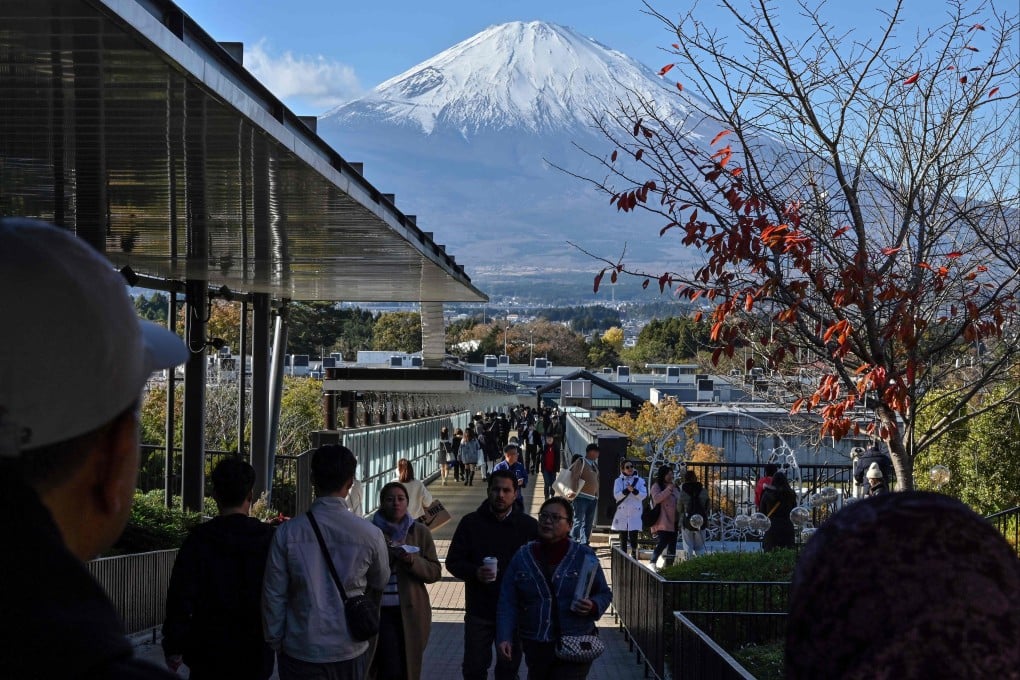Advertisement
The View | If Japan is on the cusp of a new era, what’s on the cards for property?
The most popular sectors in Japan’s stock market are those benefiting from domestic demand-driven growth, such as property and retail
Reading Time:4 minutes
Why you can trust SCMP

In the land of the rising sun, there are signs of a new dawn. For most of the last three decades, Japan suffered from a toxic combination of deflation, stagnation and fading global relevance. In 2013, the late Shinzo Abe, the country’s longest-serving prime minister, launched a bold three-pronged programme of ultra-loose monetary policy, flexible fiscal policy and structural reforms.
The central goal of “Abenomics” was an inflation target of 2 per cent. Eleven years after Abe famously urged traders at the New York Stock Exchange to “buy my Abenomics”, it is clear that the first arrow of his plan has finally hit the target. Inflation has been above 2 per cent every month since April 2022. Other key measures, including corporate governance reforms and greater openness to trade and investment, have also begun to pay dividends.
Morgan Stanley says “Japan’s policymakers have for over a decade now followed the most coherent, credible and consistent policy mix of any major economy.” The bank believes the thrust of Abenomics will continue under future governments “for the very simple reason that the policy mix has worked”.
Advertisement
This is questionable given the weakness of the economy. The Organisation for Economic Cooperation and Development predicts Japan will be the only major economy to contract this year. The yen has been in free fall since early 2022. Moreover, Japan’s acute structural problems, which include a demographic crisis and a huge public debt burden, are still present.
However, Japan has broken free of the deflation that dogged the country since the bursting of the asset bubble in the early 1990s. In March, the Bank of Japan increased interest rates for the first time since 2007. Companies are more confident about passing on higher costs to consumers while workers have secured the biggest salary increases in more than 30 years. As the working age population shrinks, exacerbated by post-pandemic labour shortages, the battle for talent is intensifying.
Advertisement
The implications of higher prices and wages, with potentially further rises in borrowing costs, are profound. Behavioural shifts among companies and employees increase the scope for far-reaching changes in corporate culture, while sustained reflation and increased productivity bode well for corporate profitability and asset prices.
Advertisement
Select Voice
Choose your listening speed
Get through articles 2x faster
1.25x
250 WPM
Slow
Average
Fast
1.25x
